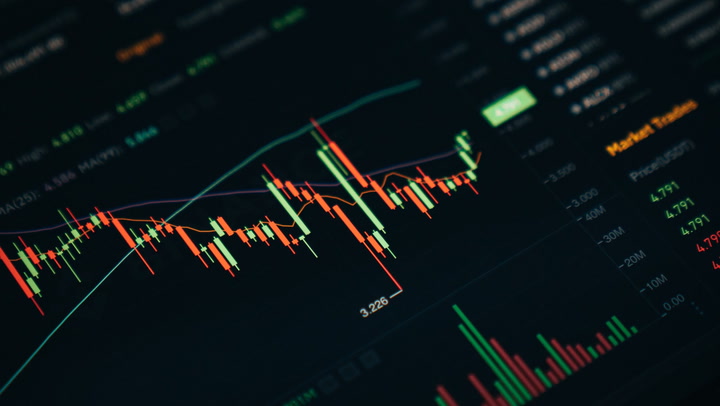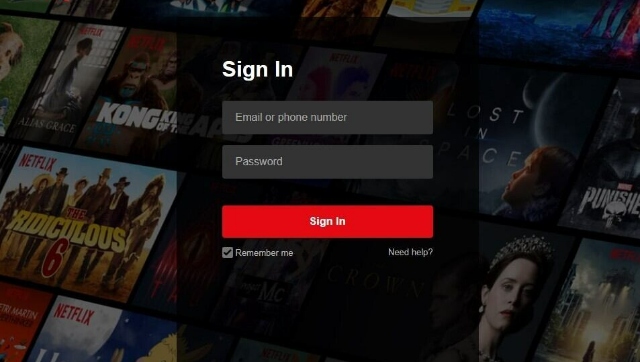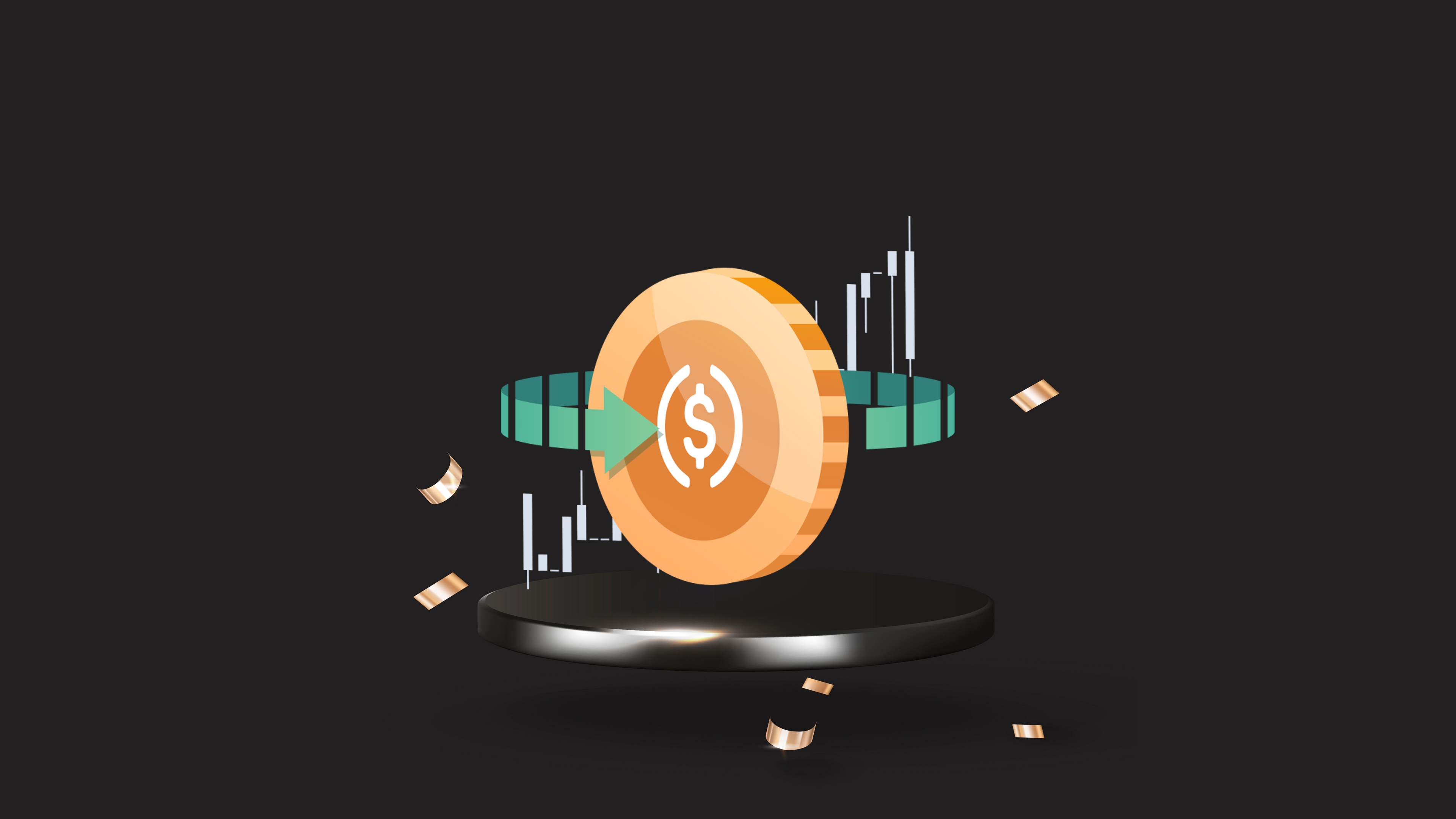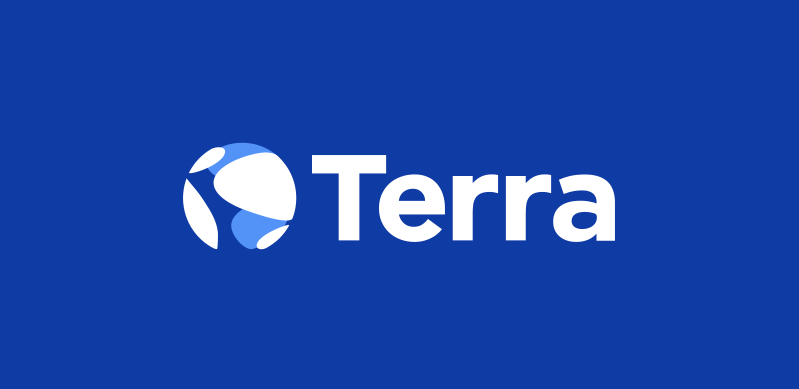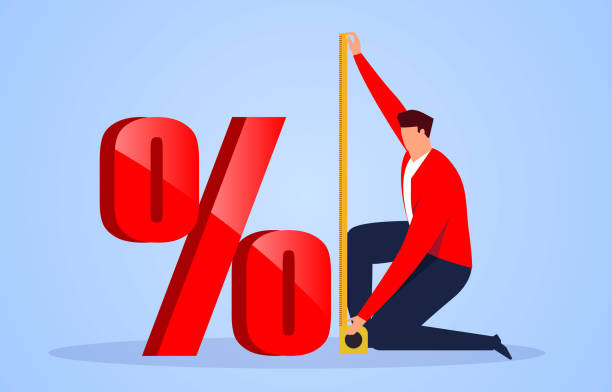Why is Binance, the world's largest cryptocurrency exchange, under regulatory scrutiny?
LONDON – The Financial Conduct Authority of the United Kingdom has blocked major cryptocurrency exchange Binance from engaging in regulated operations, the latest in a series of actions taken against the platform by governments around the world.
Here are the answers to some major questions about Binance, one of the largest cryptocurrency exchanges in the world, and what the recent regulatory changes mean.
HOW BIG IS BINANCE?
Very.
Trading volumes in June totaled $662 billion, up than tenfold from July 2020, according to data from CryptoCompare. Daily volumes reached $92 billion on a single day in May, according to US researcher Coin Metrics.
Binance, led by Canadian Changpeng Zhao, provides a wide range of services to consumers all over the world, including crypto spot and derivatives trading as well as tokenized stock versions.
It also operates an exchange where users can trade directly with one another. Binance Coin, the company's own cryptocurrency, is the world's fourth largest.
Binance's app has been downloaded 1.8 million times in 2021 and 2.2 million times overall in the United Kingdom, according to mobile data firm Sensor Tower.
WHERE'S IT BASED?
It's a mystery.
Binance's corporate structure remains a mystery, with reports claiming that its holding company is based in the Cayman Islands. Binance's headquarters are "decentralised," according to a spokesman, and the company "works with a number of regulated entities around the world."
Binance has amassed a sizable global following, with channels on the Telegram social media platform serving consumers from more than 30 countries.
AND IT'S BEING INVESTIGATED BY REGULATORS?
Yes, both in the United Kingdom and internationally.
The Financial Conduct Authority (FCA) of the United Kingdom declared last week that Binance's UK branch could not conduct any regulated activity, without explaining why.
In the United Kingdom, cryptocurrency trading is largely uncontrolled, while some operations, such as issuing crypto derivatives, may require approval.
Regulators, such as the Financial Conduct Authority (FCA), are growing concerned about the grade of anti-money laundering checks performed by crypto exchanges and the risks that crypto trading poses to consumers.
Last week, Japan's authority said Binance was operating illegally in the country, while Germany's government warned in April that it risked being penalised for offering tokens tied to equities. The US Justice Department and the Internal Revenue Service are investigating Binance, according to Bloomberg.
National regulators, on the other hand, frequently struggle to control crypto exchanges situated in other countries, according to lawyers.
"It's quite difficult," said Linklaters senior lawyer Simon Treacy. "Because the FCA doesn't have jurisdiction over all of Binance's operations, they exploit the jurisdiction they do have to put pressure on the company."
Binance's compliance obligations are taken very seriously, according to a spokeswoman, and the company is committed to fulfilling all legal regulations everywhere it operates.
HOW WILL THE UNITED KINGDOM'S ACTION AFFECT BINANCE?
Its impact could be limited.
Experts argue the FCA has done everything it can under its limited powers over an offshore exchange, except from issuing a public warning to investors.
"At the present, the technique is to emphasise the risks of these services to investors in the UK rather than outright regulate them," said Barney Reynolds, a lawyer at Shearman & Sterling.
Investors in the United Kingdom can still use Binance's main website, which is not regulated by the FCA.
Nonetheless, the FCA's requirement that Binance apply for licence to offer regulated services means that implying to investors that it is regulated in the UK is illegal.
Binance will also have to reconsider plans announced last year to provide cryptocurrency trading services in pounds and euros on a UK-regulated platform.
Following repeated FCA recommendations to crack down on online fraud, Google said this week that it will only allow FCA-authorized firms to run adverts for UK-based financial products on its website.
Banks' concerns about investment scams and crypto exchange fraud may have an influence on Binance. The Natwest Group, based in the United Kingdom, recently set a daily limit on how much money consumers can send to exchanges like Binance.



